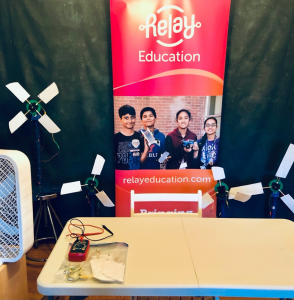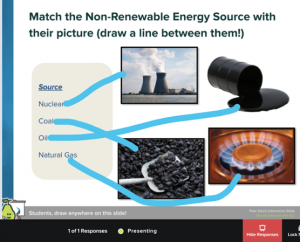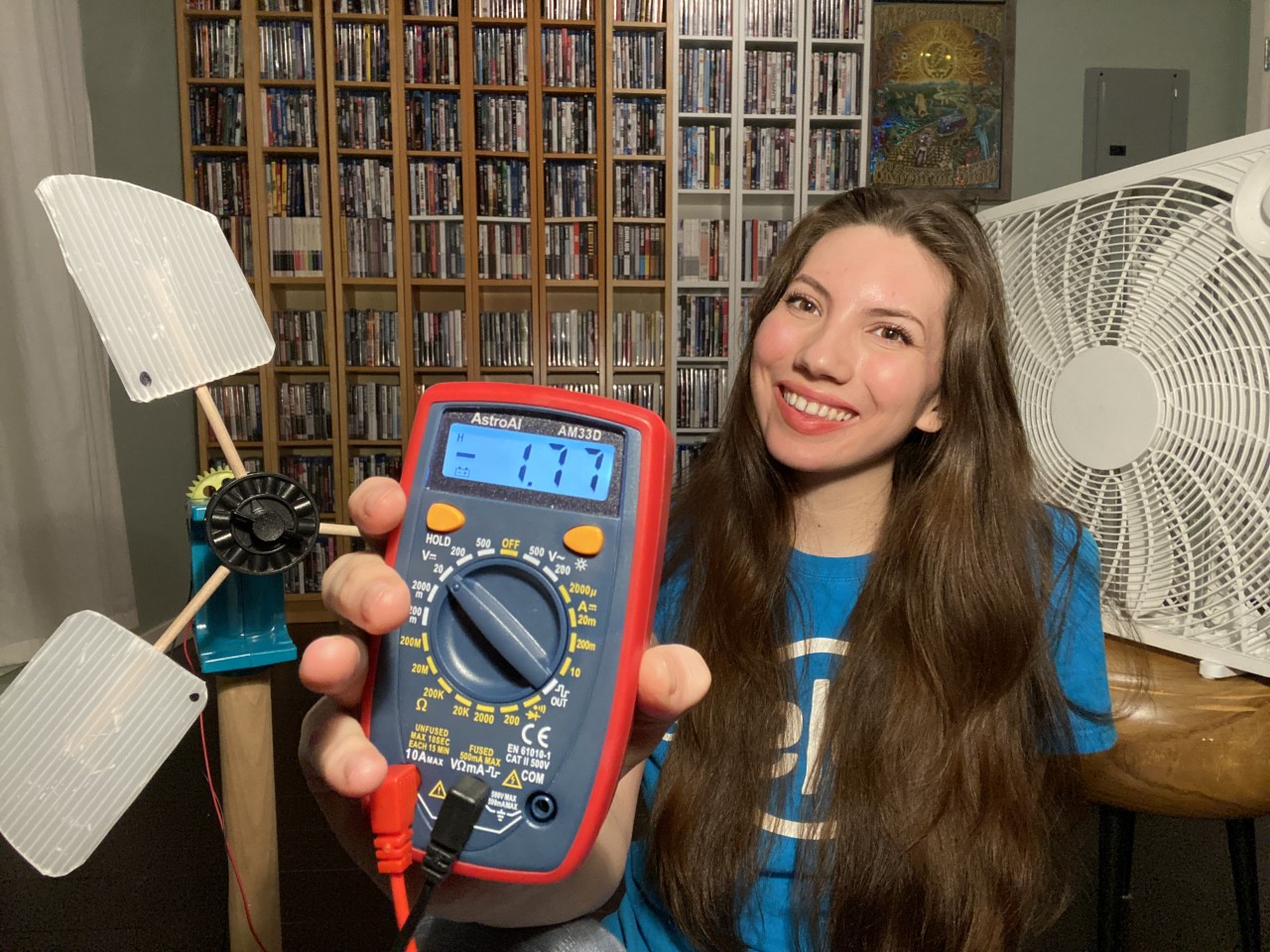
Author: Heather Kerrison, Greater Toronto Area Coordinator
The landscape of education has changed significantly in 2020, with the combination of in-school and online classrooms across the country. Here’s what tools, materials and lessons we’ve learned on how to adapt to changing learning environments over the past 9 months.
Relying more heavily on technology can come with its own frustrations or glitches, but I would be remiss to not highlight the ways that these changes have expanded our minds, shown the resilience of our students and made us stronger educators. In the face of uncertainty, we must lean into the need for education and the power we have as educators to affect real change in our students.
I am going to highlight some of the ways that our facilitators are continuing to connect with students and communities across the country, despite the inability to go into classrooms, as we have always done before. There are a range of helpful education materials, resources and tools that can make online learning more engaging and fun for everyone.
Virtual Workshops
As soon as schools switched to online learning in the spring, our team responded rapidly by trying to figure out how to offer programs virtually. We are now able to offer virtual online workshops, or virtual-in class workshops, where the students are in their classroom and we come in virtually to present.
You can learn about our virtual workshops here: https://relayeducation.com/blog/2020-21-programming/
Using a variety of meeting software, such as Zoom, Microsoft Teams or Google Meet, we are able to interact with students even from a distance. In the past couple weeks I have taught students in Ontario, British Columbia and in remote Indigenous communities, all from the comfort of my living room. It has been encouraging to see students getting excited during workshops and engaging with the material.

At home facilitating set up
Many organizations scrambled to make this shift to online learning, ultimately making opportunities more available than ever, as location is no longer a constraint. Here’s some other online programs we think you may enjoy:
Talasay Tours is an Indigenous run tour group out of Vancouver, who are now offering virtual Talking Trees workshops, where participants will learn about Salish culture, identifying plants, traditional medicine and technology. You can learn more about these immersive tours on their website:
The Vancouver Aquarium is offering Virtual Aqua School which is an online program where students can learn about marine science.
Community Climate Council , based out of Peel Region, hosted a virtual Camp Climate this summer. They continue to host educational, virtual events focused around youth climate action, check their websites for updates.
Kids Out and About put out an exhaustive list of virtual and online learning resources for students which you can view here>
Engagement Tools
The biggest hurdle for us to overcome in transitioning to online learning was maintaining a high level of interaction with students. Typically, our workshops are in person and hands-on, so how would we make sure that students still felt engaged?
We have used an online tool called Pear Deck to make our presentations interactive. If the students have access to devices, throughout our presentations they can answer polls, do matching exercises, make predictions for experiments and input experiment data. We have found this to be an amazing way to keep students engaged and hear what they have to say. One of my favourite parts about it is that the responses are anonymous. I always tell students this and encourage them to “be brave” with their answers. I think this creates space for students that previously may have shied away from raising their hand in class.

This is an example slide where we have students match non-renewable energy sources to the picture that represents them.
Podcasts
Podcasts are an amazing way to learn from anywhere, at any time.
Relay Education has launched a podcast called In the Green Chair, an interview series focused on individuals whose jobs help the planet. Every episode someone with a green career tells us about their journey, passions and job. The best part is that each episode is only about 15-20 minutes long, so you can take a break, take a walk and learn about an inspiring career path or it is a great activity to add to your lessons in the classroom.
Some other great, informational podcasts for kids include:
Brains On! Science Podcast for Kids: Each week, a different kid co-host joins Molly to find answers to their pressing questions such as: do dogs know they are dogs? Why do siblings annoy each other? The science behind tickles. And many, many other great topics for kids and adults alike to learn something new and interesting.
The Story Seeds Podcast: this is a great community that inspires young writers. Kids can submit a “Story seed”, on the podcast a children’s author will write and read aloud a story inspired by this child’s idea!
Despite uncertainty it has become clear that we can use a variety of online tools to continue to learn together. With distance no longer being a constraint, in some ways, we are more connected than ever before. We have enjoyed becoming better, more nuanced educators and seeing our students meet us in these new spaces with enthusiasm, creativity and an eagerness to learn.

